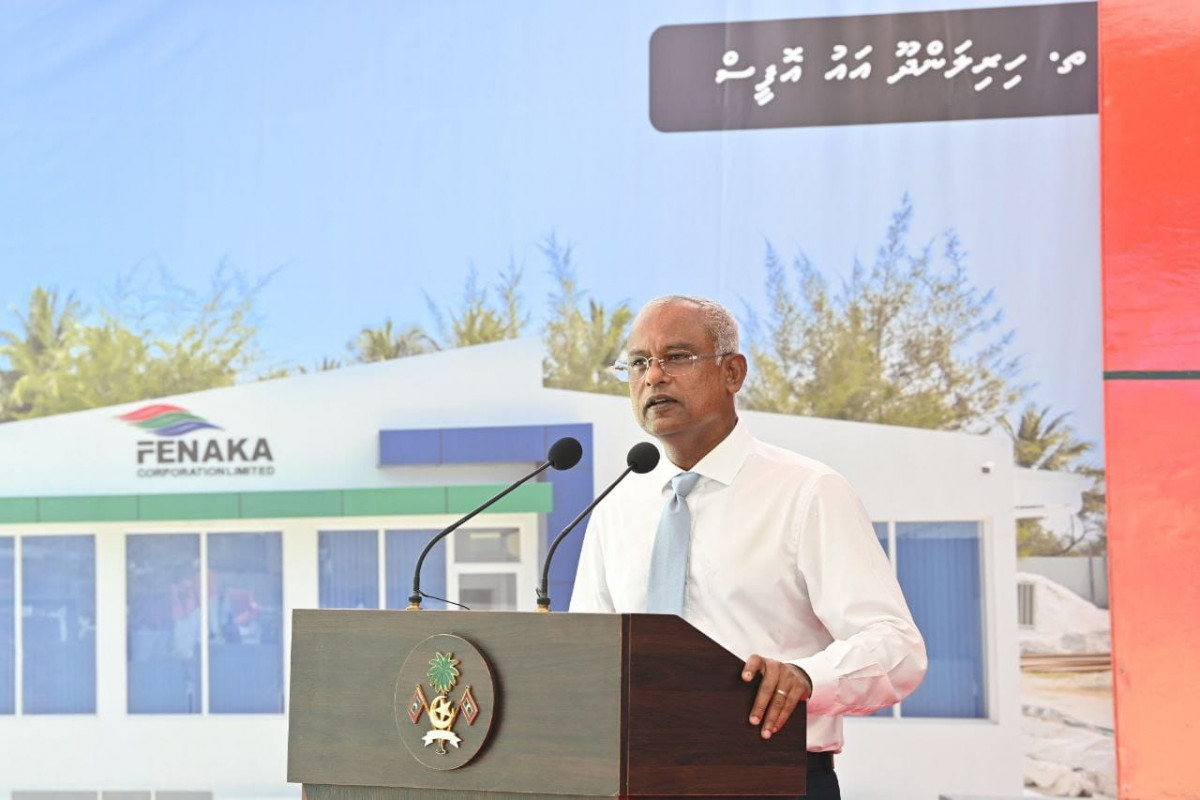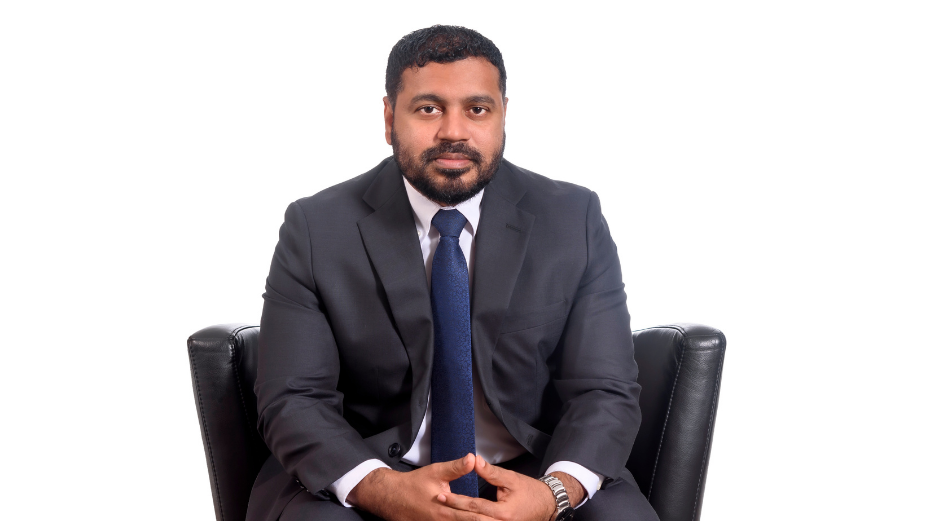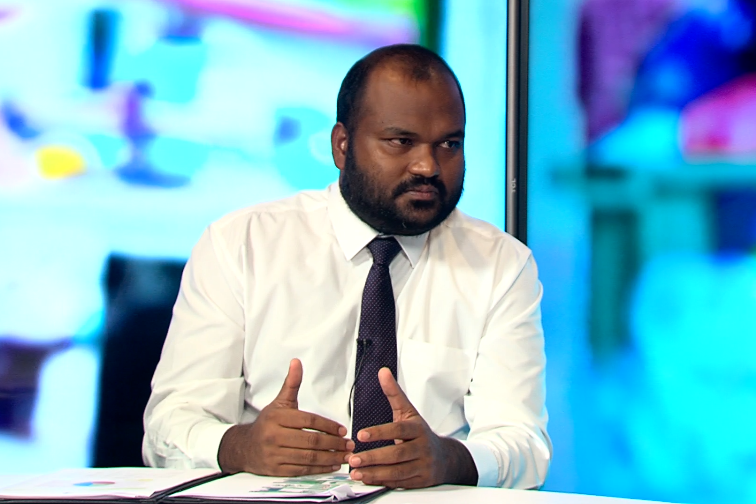Gov’t accused of attempting to shield Interpol red notice suspect from life sentence
Shifau stands accused of conducting fraudulent business transactions with foreign companies

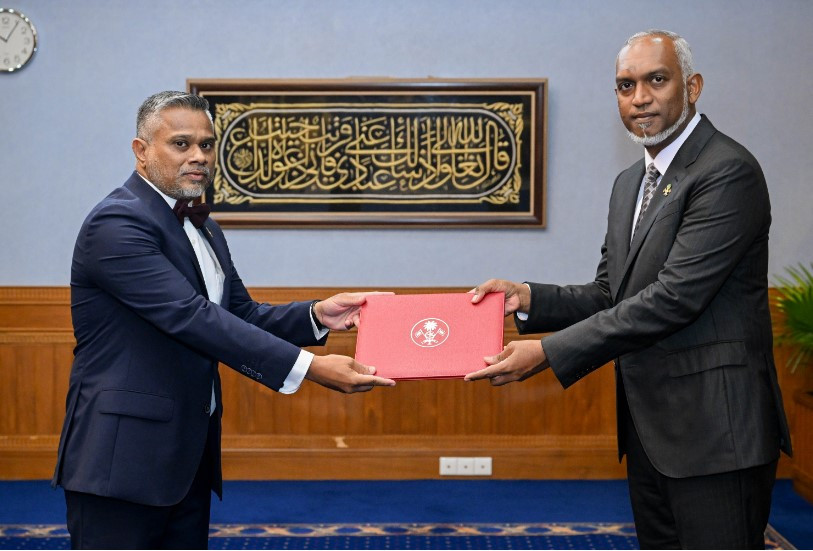
Abbas Shareef being handed his letter of appointment as Prosecutor General
It has been alleged that the Prosecutor General’s Office had attempted to reduce the charges against Hussain Shifau, a man with an active Interpol Red Notice, despite the severity of the alleged crimes, which could carry a life sentence.
Shifau stands accused of conducting fraudulent business transactions with foreign companies using falsified Telegraphic Transfers (TTs). He faces 23 criminal charges, including nine counts of knowingly submitting false documents, seven counts of fraud, and seven counts of money laundering. If convicted on all counts, the minimum cumulative sentence would be 38 years in prison.
According to previously released information from the PG Office, Shifau used fabricated documents to falsely show that payments had been made for goods ordered from various international businesses. These fraudulent activities were carried out through a company named "Kingdom of Fruits."
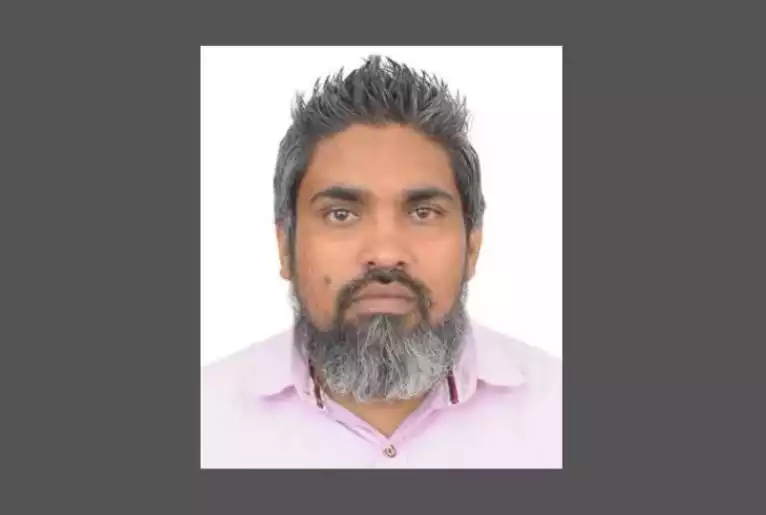
Despite the gravity of the case, the PG Office submitted a plea agreement to the court that would have dropped all but the seven fraud charges, significantly reducing the potential consequences. Under this deal, Shifau would serve just 88 days in jail and pay a fine of MVR 184,600. Since time already spent in detention would be deducted, the sentence would effectively allow his release.
However, the court rejected the plea agreement, deeming it inappropriate given the serious nature of the charges and the findings of the investigation. The judge’s refusal signals a rare pushback against what appears to be an attempt to minimize legal consequences for a politically connected individual.
Shifau, originally arrested in 2023, fled the country after being released by the court, prompting authorities to issue an Interpol Red Notice. He was later apprehended upon re-entering the Maldives, and his passport has since been confiscated.
Public suspicion over political favoritism has intensified, particularly due to Shifau’s brief appointment to a political post early in President Dr. Mohamed Muizzu’s administration. Although he was later dismissed in May 2024 following public backlash, many believe his close ties to the president played a role in the lenient legal approach proposed by state prosecutors.
The case has raised broader concerns about selective justice and the misuse of state institutions to protect individuals with political connections, undermining public confidence in the rule of law.


